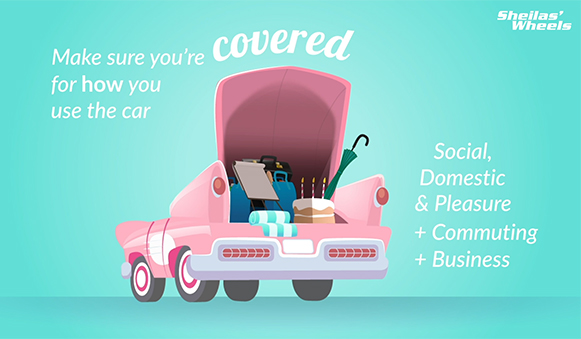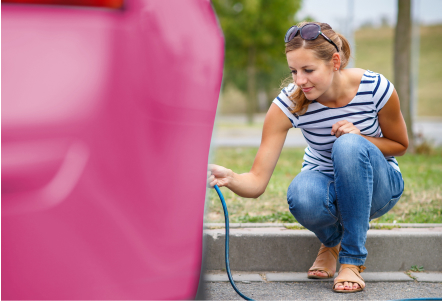How to check your car tax

Car tax, or vehicle excise duty, is part and parcel of owning a car - it's a legal obligation to have up to date tax even if you don't have to pay anything. The penalties for not having up to date tax are serious, so we've put together this guide to help you check this, and what to do when you buy a new vehicle.
What if I don't keep my tax up to date?
The DVLA check all registered vehicles on their databases for untaxed vehicles each month. If you're the registered owner then, if you're vehicle isn't taxed, you'll receive a Late Licencing Penalty (LLP) letter which will state the penalty amount.
If you're caught without car tax when you're out and about driving then an out of court settlement letter (OCS) will be sent again detailing the amount that you need to pay for the penalty charge.
If these aren’t paid then a larger fine could be issued, your car could be clamped or even crushed, and your details passed to a debt collection agency.
How to check your car tax online
If you’ve got internet access, the easiest way to check your tax is to head over to a government website and follow the on screen instructions. This is a free online checking service up to date with the DVLAs records. You’ll need your car registration number to complete the process, so make sure you’ve got a note of it if you don’t know it off by heart.
Annual payer? Keep an eye out for reminders
If you pay your car tax in one go each year, rather than a monthly Direct Debit, you can usually expect to get a reminder in the post. This form, called a V11, will tell you the date the tax runs out, how much it will be for the next year, and info on how to renew. If you forget to pay when you receive this then you’ll start to run up penalties – you’ll get a late licensing penalty letter automatically, and if the penalty is not paid, the case will be referred to a debt collection agency. So it’s definitely one to action as soon as possible once you get it.
Check your bank account or card statements
If you pay by Direct Debit or using a debit or credit card, checking your old statements should show the dates of previous payments. You should also see the payments coming out of your account each month if you pay by Direct Debit. Your Direct Debit should renew automatically when the current year’s tax is due to run out, so, as long as you don’t miss any payments, this means your tax will continue without you needing to do anything. You need to remember though that if you're paying by Direct Debit and you don’t have enough money to make the payment on the day it’s due, this is classed as a missed payment, and could end up with your car not having valid tax. The DVLA might also stop you paying this way in the future if you miss payments.
What happens when I buy a car?
If you’re getting a new set of wheels, you need to let the DVLA know there’s been what’s called a change of keeper, and make sure you’ve taxed the vehicle in your name before driving it away. If you’re buying the car from a dealership they might sort this all out for you, but if not, you’ll need to do it yourself using the V5C/2 new keeper supplement. For more information on how to do this you can visit https://www.gov.uk/vehicle-tax. You can now notify DVLA of a change of keeper online visit: https://www.gov.uk/sold-bought-vehicle.
When don’t you have to pay car tax?
You’ll always need to tax your vehicle, but you might not actually have to pay anything. If you fall into one of the categories below be sure to check out the DVLA website:
- If a car is declared off the road via a Statutory Off Road Notification (SORN)
- Disabled passenger vehicles and vehicles used by a disabled person – follow this link to see if you are eligible
- Historic vehicles made before 1st January 1983 – follow this link to check eligibility
- Electric vehicles with the power coming from:
- An external source such as a private or public ChargePoint
- An electric storage battery not connected to any source of power when the vehicle is moving
- Hydrogen fuel cells
- You must however pay vehicle tax if your vehicle is hybrid electric
We hope this guide has helped you understand a bit more about vehicle tax and how to stay within the law. While you’re checking your vehicle tax, it might be a good idea to check your MOT and car insurance are also still valid if you think they renew at a similar time.
References:
https://www.gov.uk/
https://www.gov.uk/government/publications/vehicle-enforcement-policy/dvla-enforcement-of-vehicle-tax-registration-and-insurance-offences
You might also be interested in
Lower car running costs
Tips to lower day-to-day car running costs

How to make sure your wheels stay covered
Did you know there could be times when your car cover may not apply? Fortunately our helpful caddy is here to help you understand when these might be.

